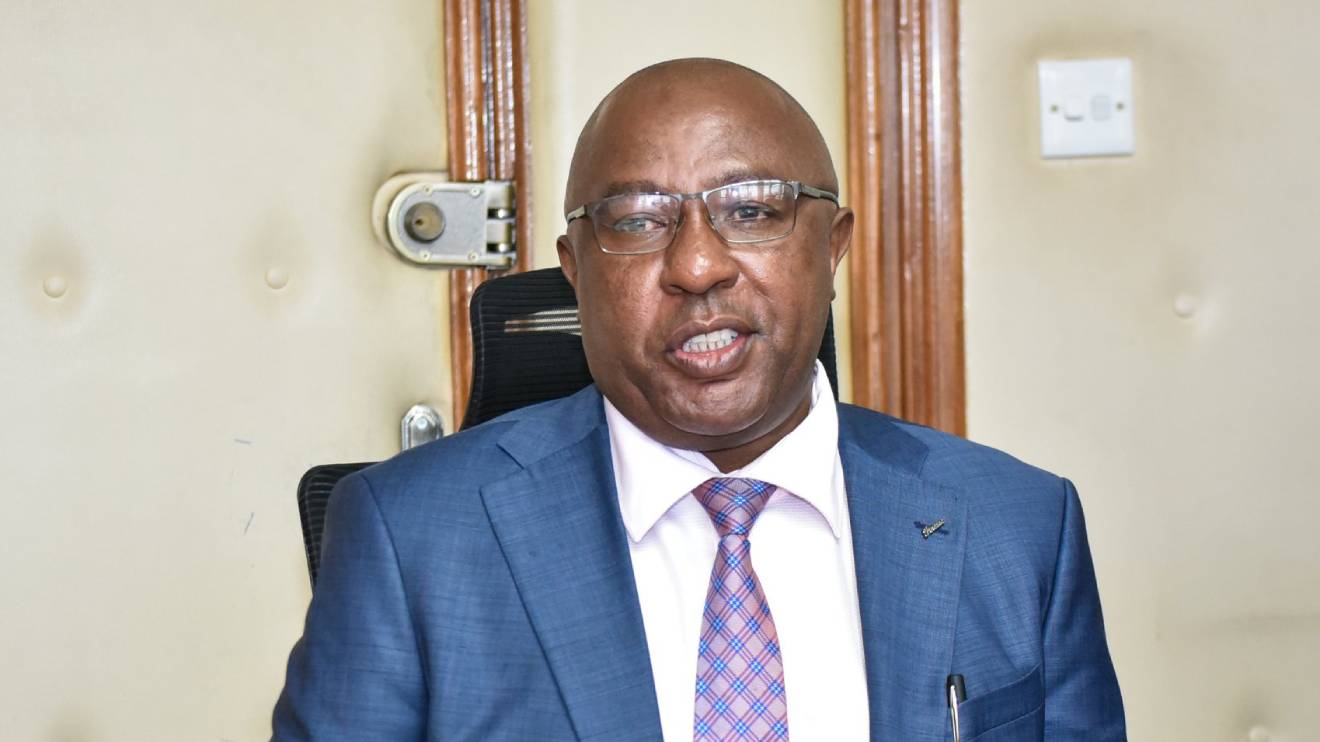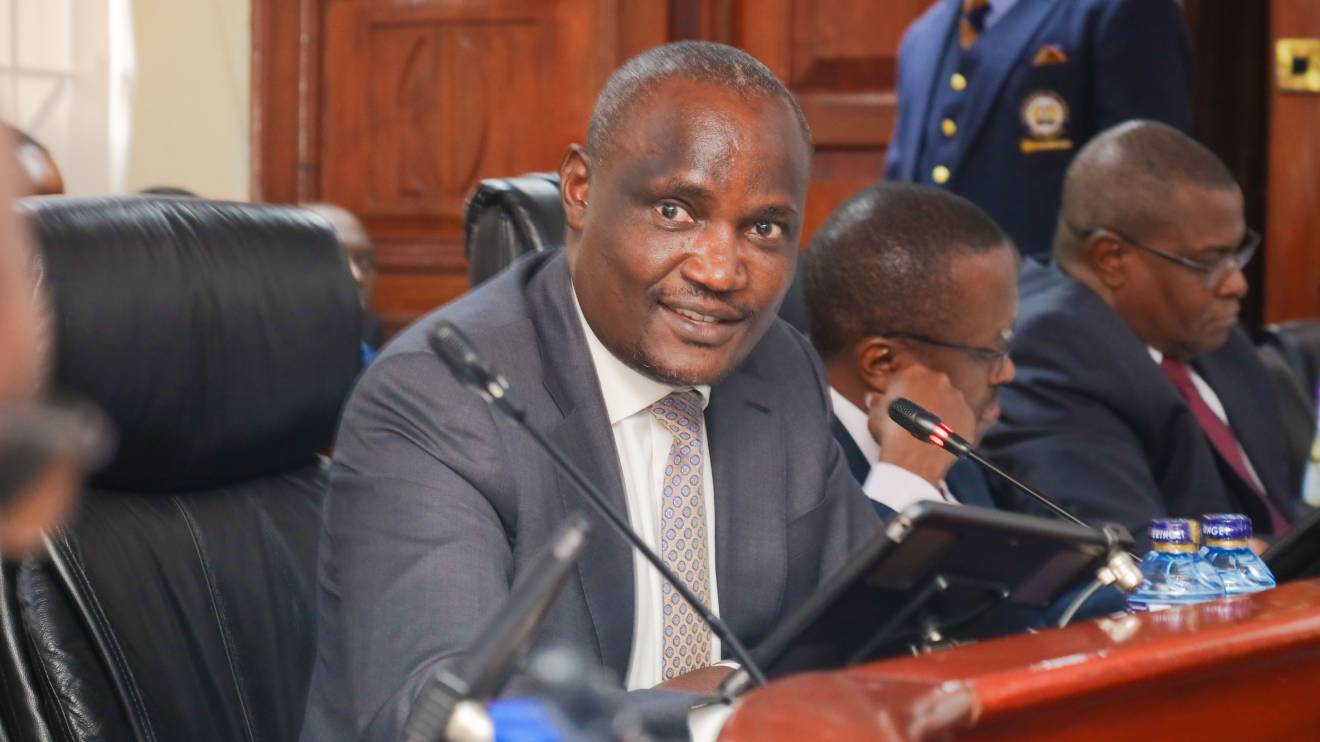A looming financial crisis is threatening to disrupt the academic calendar of secondary schools across Kenya.
The Kenya Secondary Schools Heads Association (KESSHA) has sounded the alarm, warning that schools are facing a severe shortage of funds to cover essential expenses, including preparations for the upcoming Kenya Certificate of Secondary Education (KCSE) examinations.
The government has released only a portion of the expected capitation funds, leaving schools grappling with a deficit that could force early closures.
KESSHA chair Willy Kuria expressed deep concern about the situation, stating, "There’s already a serious financial crisis in schools and it is not possible to complete the term if the remaining capitation is not released."
Out of the anticipated Sh22,244 per learner per year for tuition under the Free Day Secondary Education program, schools have only received Sh15,192.
Read More
The remaining Sh7,052 per learner is yet to be disbursed, leaving institutions with insufficient funds for operations and critical expenditures.
Some schools have already announced plans to send students on vacation earlier than the official closure date of October 25, 2024.
A school principal in Maralal Town stated, "The school shall close on October 18 2024 save for the KCSE candidates as we have not enough funds to sustain the rest of the students."
KESSHA argues that the infrastructure development fund should not be deducted from the capitation, but rather sourced from the Constituency Development Fund (CDF) and the transition infrastructure grant from the Ministry of Education.
The capitation is intended solely for tuition and operational expenses.
"The capitation is purely for tuition and operations. KESSHA urges the treasury to release the remaining Sh6,000 per learner so that schools can be able to purchase the necessary facilities for the forthcoming KCSE and end-of-year examinations," Kuria emphasized.
The capitation funds are typically used for stationery, laboratory equipment, co-curricular activities, salaries for Board of Management (BOM) teachers and non-teaching staff, utility bills, local transportation, administrative costs, and other overhead expenses.
The mounting debt burden in schools has reached a critical point.
Many schools are facing legal action from suppliers due to unpaid debts, while others are hesitant to provide goods or services on credit.
The crisis has raised concerns about the quality of education and the future of students who may be negatively impacted by the disruptions.
KESSHA is calling on the government to take urgent action to address the financial challenges facing schools and ensure a smooth completion of the academic year.






-1752797011.jpeg)




